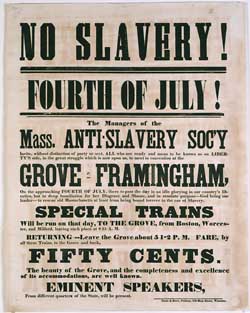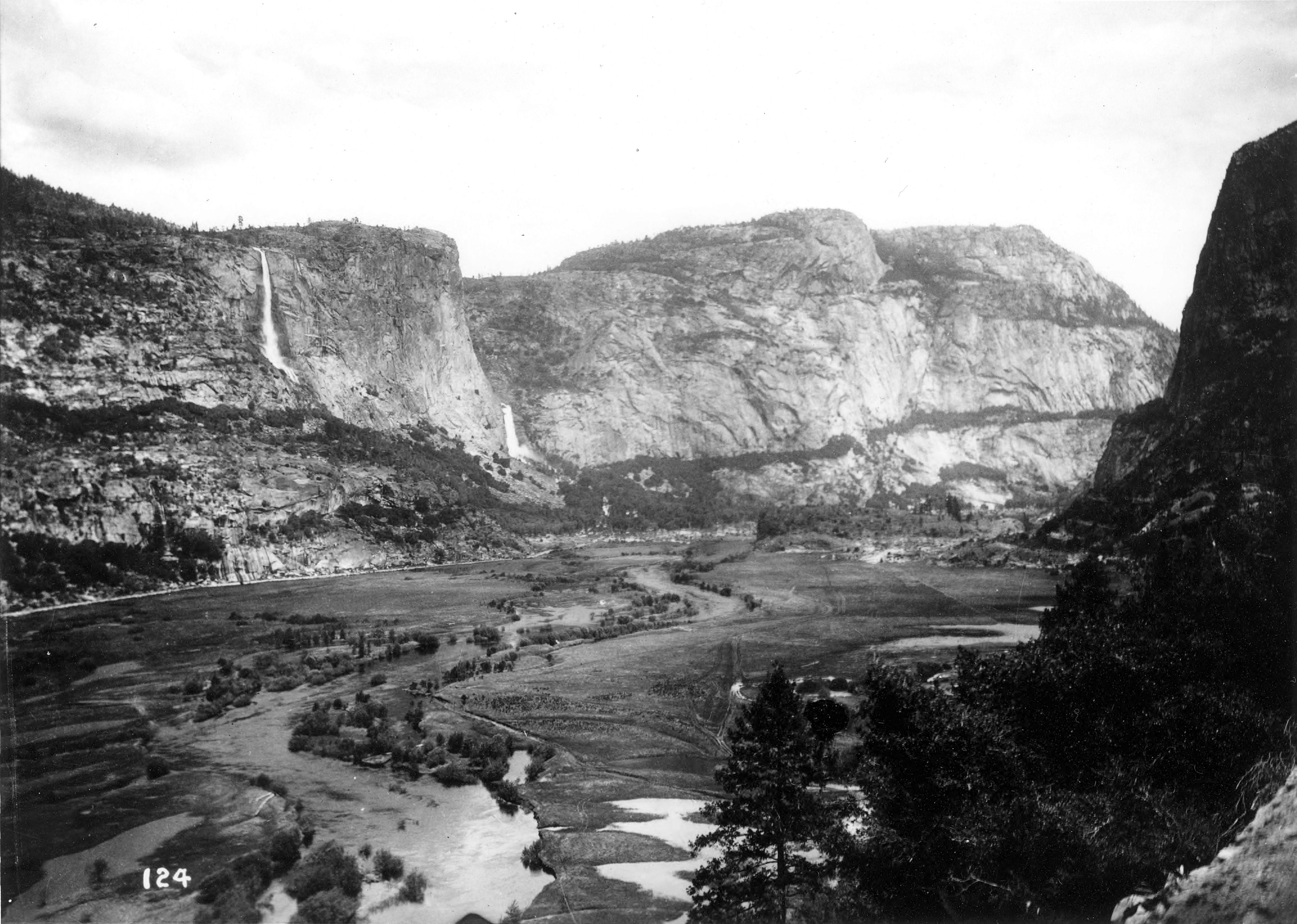their religion.
their religion is a cult by whose definition?
their religion.
their religion is a cult by whose definition?
Then I ate this medicine and everything changed.
holy magic medicine!
one leading to a hole in the earth and the other extending up above.
heaven & hell?
The coffin will be set before you and then you will see your body.
a near-death experience that gives you a new perspective on life
Bring whatever desires you possess along with you and then come and eat or drink this medicine. This is life, the only life. Then you will learn something about yourself, so come.
he's preaching
It is a cure for all evil.
do they basically worship this "medicine"?
ill
he is using "ill" for being physically, mentally, and spiritually unwell
now for the first time one was cured.
he's becoming a kind of religious healer
Indian doctors and then I tried all of the white man’s medicines,
if he isn't white, why is he referring to Nat. Am. as Indians? Does he mean actual Indians from India?
Winnebagoes
his people
“If I take this road I am likely to meet some people, but if I take the other road, I am not likely to meet anyone.”
for some reason this line reminds me of "The Road Not Taken"
“If I take this road I am likely to meet some people, but if I take the other road, I am not likely to meet anyone.”
for some reason this line reminds me of "The Road Not Taken"
“Let us eat peyote again to-night.”
he's hooked!
I saw a man with horns and long claws and with a spear in his hand.
the devil?
“All right, I’ll do it.”
didn't take much convincing
If only some of my own people were here!
own people? His name is John, so is he white?
the younger members who have been strongly permeated with Christian teachings translate the prayer into, “God, the Son, and the Holy Ghost.”
interesting that Christian influences literally changed the meaning of the words of the Peyote baptism to its younger members
by John Rave
the leader
parts of the Bible
Does the Peyote religion have ties to Christianity?
asking forgiveness
forgiveness for what? their "sins"?
member of the cult
why is it considered a cult?
Christmas
was Christmas a significant holiday/day for the Peyote?
Since that time white men have come to America.
How does it change the story of European colonization and genocide if it is recast this way?
He wished to have his mother christened. It was done. They called her Molly.
Hmm. Ok, so why does he want his mother Christened? To understand this, I think we need to understand the history of the tribe, paticularly at the time that this story is being written down.
They put him into a great cannon and fired it off. They looked into the cannon, and there he sat smoking his stone pipe, knocking the ashes out.
I love this.
proper remedy.
Always intrigued by how these stories don't work out in the way that we are accustomed, with no final moral, no full explanation of the metaphor, no tying up of threads...
beginning to be cramped for room.
A metaphor for colonization by the Europeans?
Fall of Man
Ok, but also skeptical about using Christian tropes to define the story...
And since that day the Indians, who should have been great, have become a little people. Truly it would have been wise and well for those of early times if they could have held their tongues.
So somehow the inability to hold their tongues is involved with them being a "little people?" Confused about how colonialism and genocide figure in...
do ye not know Katahdin by them?
Ok, so she spills the beans. Is this a grave sin of some kind?
Declare unto these people that they are not to inquire of thee who is the father of thy child;
Why do you think Katahdin doesn't want anyone to ask, and doesn't want his wife to tell, about the fact that he is the boy's father and her husband?
“And if people take the time to do that and they reach out to us, or they do the research themselves, it’s actually a very accurate depiction of friendly wrestling matches that took place back in those days.”
Denial isn't just a river in Egypt.
But the preservation argument is one that keeps popping up
Interesting. Need to look into how historical preservation is used to perpetuate oppression.
I first witnessed this power out on the Yard, that communal green space in the center of the campus where the students gathered and I saw everything I knew of my black self multiplied out into seemingly endless variations. There were the scions of Nigerian aristocrats in their business suits giving dap to bald-headed Qs in purple windbreakers and tan Timbs. There were the high-yellow progeny of A.M.E. preachers debating the clerics of Ausar-Set. There were California girls turned Muslim, born anew, in hijab and long skirt. There were Ponzi schemers and Christian cultists, Tabernacle fanatics and mathematical geniuses. It was like listening to a hundred different renditions of “Redemption Song,” each in a different color and key. And overlaying all of this was the history of Howard itself. I knew that I was literally walking in the footsteps of all the Toni Morrisons and Zora Neale Hurstons, of all the Sterling Browns and Kenneth Clarks, who’d come before.
I love the details, the pride, the power of this description!
or rather the progress of those Americans who believe that they are white,
This is such a powerful articulation--borrowed from Baldwin as the epigraph makes clear--of the social construct of whiteness.
the gap between her world and the world for which I had been summoned to speak.
A riff on the title of TNC's forthcoming book, itself a a riff on WEB Du Bois's famous description of black experience in The Souls of Black Folk (1903). As he opens that book in a chapter entitled "Of Our Spiritual Strivings":
BETWEEN me and the other world there is ever an unasked question: unasked by some through feelings of delicacy; by others through the difficulty of rightly framing it. All, nevertheless, flutter round it.
My father was so very afraid. I felt it in the sting of his black leather belt, which he applied with more anxiety than anger, my father who beat me as if someone might steal me away, because that is exactly what was happening all around us.
This reminds me of the incident during the Baltimore Uprising in April where Toya Graham beats her son. Stacey Patton wrote about this:
The kind of violent discipline Graham unleashed on her son did not originate with her, or with my adoptive mother who publicly beat me when I was a child, or with the legions of black parents who equate pain with protection and love. The beatings originated with white supremacy, a history of cultural and physical violence that devalues black life at every turn. From slavery through Jim Crow, from the school-to-prison pipeline, the innocence and protection of black children has always been a dream deferred. http://www.washingtonpost.com/posteverything/wp/2015/04/29/why-is-america-celebrating-the-beating-of-a-black-child/
JUL 4, 2015
Hard not to relate this piece to another great statement of African American experience: Frederick Douglass's 1841 speech “What to the Slave Is the Fourth of July?”

Such is the case with every company in Silicon Valley, though you never hear it in their creation myth.
Because those creation myths are aligned with the cult of the individual in American culture. We tend to value individual accomplishment over collaboration.
Yet for those that still yearn for the safe tether of a synthetic text,
Doesn't this project also radically depart from the traditional textbook format and industry in less than "safe," but equally exciting ways?
But in the oft-cited lines of the American poet Walt Whitman we find as good an organizing principle as any other:
I really love this idea as the "yawp" as an organizing principle for a collaborative, open textbook. Given his own obsessively iterative composition of Leaves of Grass Whitman really is a great analogy for this project.
John Muir, a naturalist, writer, and founder of the Sierra Club, invoked the “God of the Mountains” in his defense of the valley in its supposedly pristine condition.
The "Gods of the mountains" line was a piece of Muir's larger metaphor for the holiness of natural places that figured those who would develop them as "temple destroyers." Here's the full quote from Muir's defense of the Hetch Hetchy in his book The Yosemite.:
These temple destroyers, devotees of ravaging commercialism, seem to have a perfect contempt for Nature, and, instead of lifting their eyes to the God of the mountains, lift them to the Almighty Dollar.
Dam Hetch Hetchy! As well dam for water-tanks the people's cathedrals and churches, for no holier temple has ever been consecrated by the heart of man.

giving readers an unflinching view of urban poverty.

Recent scholars have critiqued Riis's work despite its effective advocacy for tenement reform. His photography certainly exposed the problem of urban poverty, but also exposed the personal lives of the poor to a largely wealthy audience.
Altamont revealed a darker side of American culture, one in which drugs and music were associated not with peace and love but with violence, anger, and death.
How does this mess, though, relate directly to the "unraveling" of American promise signified by the late 60s. Was Hunter killed because he was black? Or because he was high? Or because the Angels were drunk?
undetermined momentousness
Such an ambivalent phrase. The narrator seems to be claiming that this is a "moment" unparalleled in its significance. Yet this significance is "undetermined"; it remains unclear exactly how the moment is significant.
Do you remember the day, baby, you drove me from your door?
A line from Elvie Thomas's "Motherless Child Blues":
https://www.youtube.com/watch?v=vmj23UrVF80
The trope of the motherless child is a popular one in African American art. Of course the destruction of families was a major consequence of the slave trade and the institution of slavery.